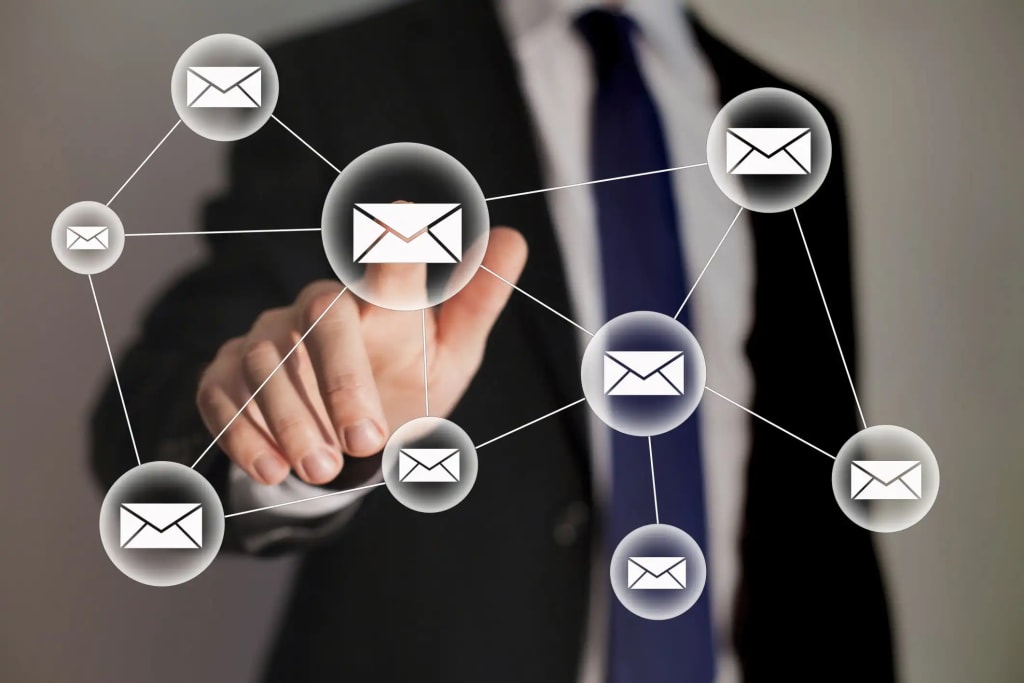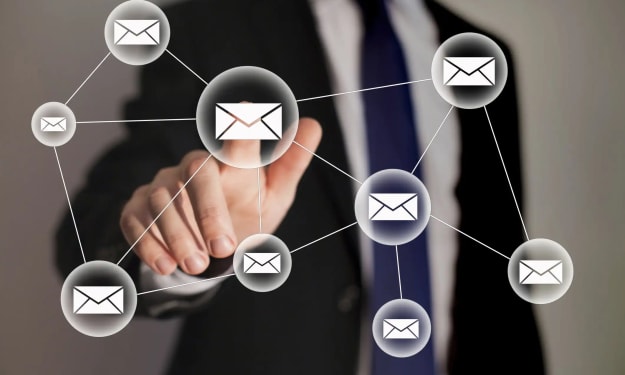
Title: The Power of Email Marketing for Software: Driving Engagement and Growth
Introduction:
In today's digital landscape, email marketing remains one of the most effective and reliable strategies for software companies to connect with their audience, drive engagement, and fuel business growth. With its ability to deliver personalized and targeted messages directly to subscribers' inboxes, email marketing enables software companies to build strong relationships, nurture leads, and promote their products and services effectively. In this article, we will explore the power of email marketing for software and delve into some key strategies that can help maximize its impact.
Building a Quality Email List:
The foundation of successful email marketing lies in building a quality email list. Software companies can achieve this by implementing various strategies. First and foremost, they can offer valuable content such as eBooks, whitepapers, or webinars, gating the access behind an email opt-in form. This allows them to capture leads who are genuinely interested in their offerings.
Additionally, software companies can leverage their website traffic by using exit-intent pop-ups or strategically placed sign-up forms to encourage visitors to subscribe. Social media platforms can also be utilized to promote email subscriptions, with incentives like exclusive content or discounts acting as further enticements.
Personalization and Segmentation:
Email marketing allows software companies to segment their audience based on various factors such as demographics, behavior, or engagement levels. By personalizing emails and tailoring content to specific segments, companies can deliver highly relevant messages that resonate with recipients. This not only increases engagement but also boosts the chances of conversion.
Personalization can go beyond using recipients' names; it can involve customizing content based on previous interactions, preferences, or specific stages of the customer journey. For example, sending targeted onboarding emails to new customers or providing relevant product recommendations based on their past purchases.
Engaging and Relevant Content:
To capture and retain subscribers' attention, software companies need to consistently deliver engaging and relevant content. This can include a variety of email types, such as newsletters, product updates, industry insights, tutorials, case studies, or customer success stories. Sharing useful tips and best practices related to the software can also position the company as a trusted authority in the industry.
By providing valuable content, software companies can establish themselves as thought leaders, nurture customer relationships, and foster loyalty. Well-crafted content can also drive traffic to the company's website or blog, increasing brand visibility and generating leads.
Automated Workflows and Drip Campaigns:
Email marketing automation empowers software companies to streamline their communication processes, save time, and provide a personalized experience at scale. Automated workflows and drip campaigns allow companies to send targeted messages triggered by specific actions or events. For instance, when a user signs up for a trial version of the software, an automated series of emails can be sent to guide them through the onboarding process, showcase key features, and encourage conversion to a paid subscription.
Automation also enables companies to nurture leads over time, gradually building trust and moving them along the customer journey. By carefully planning and designing these automated sequences, software companies can optimize their conversion rates and customer lifetime value.
A/B Testing and Analytics:
Measuring the success of email marketing campaigns is crucial for continuous improvement. Software companies should leverage A/B testing to experiment with different email elements, such as subject lines, content variations, call-to-action buttons, or visuals. This enables them to identify what resonates best with their audience and refine their email strategies accordingly.
Moreover, analyzing email marketing metrics like open rates, click-through rates, conversion rates, and unsubscribe rates provides valuable insights into campaign performance. By monitoring and understanding these analytics, software companies can make data-driven decisions to optimize their campaigns, enhance engagement, and drive better results.
Conclusion:
In the fast-paced world of software, email marketing remains a powerful tool for engaging with customers, nurturing leads, and driving business growth. By building a quality email list, personalizing and segmenting content, delivering valuable and relevant information, leveraging automation, and continuously testing and analyzing campaigns, software companies can unlock the full potential of email marketing. By harnessing the inherent advantages of this channel, software companies can stay connected with their audience, enhance customer experiences, and achieve long-term success.
To buy kindly use this link below
https://www.digistore24.com/redir/256199/saqi6363/





Comments
There are no comments for this story
Be the first to respond and start the conversation.